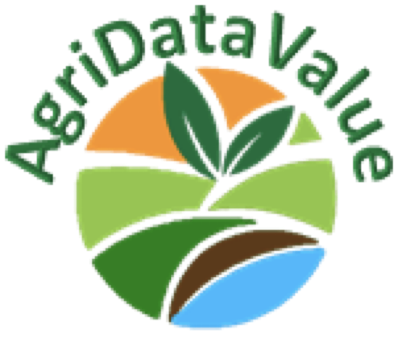The AgriDataValue project’s Use Case 5.2, “Supply Chain transparency for orchards/vineyards,” focuses on enhancing both on-farm and post-farm activities. This use case models technical and business aspects of harvesting, fruit processing, and wine production, all while integrating supply chain traceability and data business models. A recent study by Adamashvili et al. (2024) highlights how cutting-edge technologies like the Internet of Things (IoT), Artificial Intelligence (AI), and Blockchain Technology (BCT) are key to achieving these goals, particularly within vineyard supply chains.
IoT sensors are revolutionizing vineyard management by continuously monitoring environmental conditions like temperature, soil moisture, and humidity, providing real-time data that allows farmers to optimize processes such as irrigation and fertilization. When paired with AI, this data becomes even more valuable, as AI can analyze patterns and provide predictions that help growers make informed decisions regarding disease management and yield optimization, ultimately improving both quality and sustainability.
Blockchain technology plays a crucial role in ensuring supply chain transparency. In the context of vineyards and wine production, blockchain creates a secure and immutable record of every stage, from grape harvesting to the finished bottle. This increases consumer trust by ensuring the authenticity of the product while protecting producers from fraud and counterfeit issues. The ability to trace the origin and quality of wine in such a precise manner reflects the goals of the AgriDataValue project, aiming to model not just the production process but also the value of transparent and ethical data handling.
The combination of these technologies results in a more sustainable, efficient, and trustworthy wine supply chain. For vineyards involved in the AgriDataValue project, this technological integration represents a leap toward more resilient farming and transparent business models, with broader implications for other agricultural sectors. By embracing this model, the project sets a benchmark for how IoT, AI, and blockchain can transform agri-food supply chains in the future.
For further insights, the full study can be accessed here.


